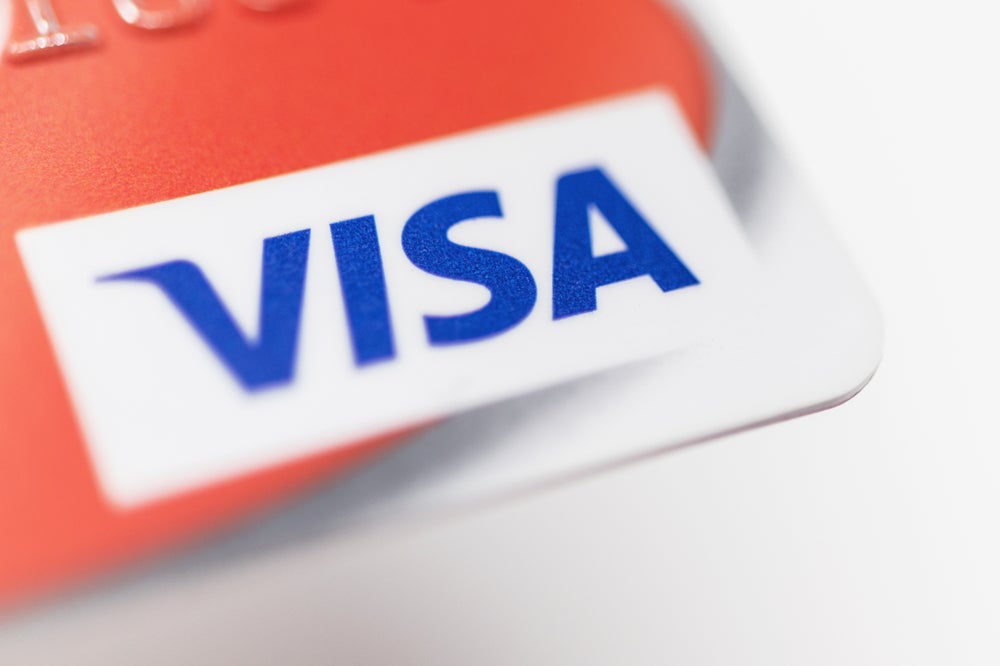The US may be in recession and merchants suffering the
brunt of the downturn, but that has not stopped Visa and MasterCard
from implementing new merchant acquirer fees – and raising the
hackles of merchant lobby groups. But do the payment networks have
a choice? Charles Davis reports.
Impervious to a rising chorus of consumer and legislative
opposition, Visa and MasterCard are set to introduce new fees for
merchant acquirers in the US as part of their updated rate
schedules. Beginning 18 April, MasterCard will collect a network
access and brand use fee of $1.85 on each transaction, but it will
lower its acquirer access fee by half a cent, to $0.15 an
authorisation.
Beginning 1 July, Visa will charge a US
acquirer processing fee of $1.95 for each transaction, according to
material released to merchants recently by sales agents. Neither
company has imposed such fees in the past.
The new transaction fee rate increases are
expected to raise more than $600 million in revenues, according to
a report by DigitalTransactions.com. The Association for
Convenience and Petroleum Retailing, which opposed the proposed
increases, said the new rates represent a 270 percent increase by
MasterCard and a 290 percent increase for Visa with additional fees
possible.
“This begs the question: How can two
‘competitors’ announce price increases of nearly 300 percent at the
same time in a recession?” NACS senior vice-president of government
relations Lyle Beckwith said in a statement. “From what we have
seen with credit card interchange fees, the answer is obviously
that two competitors with excessive and abusive market power can do
what they want.”
Merchants expected to bear
brunt
How well do you really know your competitors?
Access the most comprehensive Company Profiles on the market, powered by GlobalData. Save hours of research. Gain competitive edge.

Thank you!
Your download email will arrive shortly
Not ready to buy yet? Download a free sample
We are confident about the unique quality of our Company Profiles. However, we want you to make the most beneficial decision for your business, so we offer a free sample that you can download by submitting the below form
By GlobalDataIn a statement, Visa said: “Visa
regularly reviews its pricing, as any business would, and makes
adjustments where appropriate depending on such factors as the
value delivered to clients and the need to be competitive. Over the
years, Visa has become a symbol of international acceptance,
reliability and convenience, based on its commitment to provide
superior value to clients. These clients, in turn, are able to
offer competitive products and services to customers. Financial
institutions set their pricing to cardholders and merchants.”
Most acquirers are expected to pass these
increases along to merchants, who already have been actively
rebelling against what they perceive as intolerable cost
structures.
MasterCard also will introduce a new
interchange tier called ‘high value’, which imposes a larger rate
than some other tiers. For example, the high-value restaurant
interchange rate will be 1.73 percent of the sale plus $0.10, which
compares with the custom payment service restaurant rate of 1.54
percent plus $0.10. MasterCard does not define high value, but it
appears to be related to a type of rewards card judging from the
April 2009 interchange schedule.
MasterCard’s April rate schedule is now
available on its website. Visa has not released its revised
schedule. The two companies typically update their interchange
rates in the spring and in the autumn.
Interchange rates have long been a sore spot
with US merchants, and the new fees can only serve to intensify the
war of words between the payment networks and the merchant
community, which now has the ear of a sizable portion of the US
Congress eyeing a legislative solution.
Merchant groups galvanise
opposition
The Merchants Payments Coalition,
which represents 2.7 million US stores and is affiliated with the
National Retail Federation, estimated interchange fees cost
retailers $48 billion last year, up from $42 billion in 2007. The
coalition based its estimates on historic averages.
The merchants group is lobbying lawmakers to
force card networks to reduce their interchange rates. Interchange
expenses, they say, cut deeper into retailers’ profits every year,
hurting consumers in turn because they ultimately pay through
higher prices for products and services.
Another merchant coalition, the National
Association of Convenience Stores (NACS), launched a new grassroots
media campaign aimed at the House financial services and Senate
banking committees to stimulate additional legislative action on
interchange fees.
NACS president and CEO Hank Armour announced
the campaign and introduced the print, video and radio ads the
coalition is running targeting the eight members of the financial
services committee and banking committee chairman Chris Dodd.
“This is the opening salvo,” Armour said. “We
are going to be running it as long as it takes to solve the
problem.”
Banks dispute the merchants’ contention,
saying merchants are looking to reduce costs, not pass savings on
to consumers. The push comes as the banking committee and the
financial services committee’s financial institutions sub-committee
mark up bills that would curb what they call abusive credit card
practices.
In the last Congress, the coalition pushed a
measure that would require Visa and MasterCard to negotiate with
them on lowering the fee. The House judiciary committee approved it
by 19 to 16, but it was stalled in a spat with House financial
services chairman Barney Frank.
Payments industry fights
back
The payments industry is not taking
the attacks in its stride this time, as it no doubt senses the
changing mood in Congress. The Electronic Payments Coalition
launched a website explaining why the merchants’ assault on
interchange rates is unfair. The group also is seeking to convince
consumers to contact members of Congress to prevent passage of “a
sweetheart deal that will force consumers to foot the bill
instead.”
The website, backed by a 61-member Washington
DC-based ad hoc group of payment companies and organisations, packs
a mouthful into its domain name:
MerchantsShouldPayTheirFairShare.com.
Most of the top card issuers, including Citi,
Bank of America, JPMorgan Chase and Capital One, are members, as
are dozens of state and national bank and credit unions.
In a short video on the website, a man
demonstrates the complexities of interchange on a whiteboard.
“Without interchange, the entire debit and credit system wouldn’t
work,” he argues, warning that interchange rate regulation could
force banks to raise card fees for consumers or stop offering
credit and debit cards altogether.
The stakes couldn’t be higher, as a renewed
push by the merchant community has many in Congress listening more
closely than ever before to calls for legislation capping
interchange and other merchant fees.







